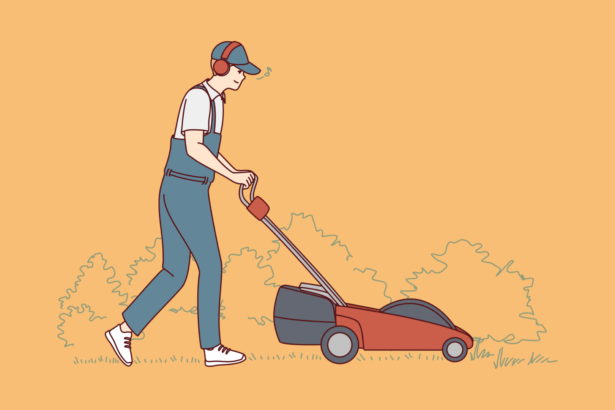Henry was a strong man. He could carry heavy things. He had no problem helping you move. Mary asked Henry if he could help her. He said sure.
Mary owned a lot of furniture. Henry carried it all. He put it in the moving van. He did not struggle. He was strong and able. “Thank you, Henry,” Mary said. “Not a problem,” Henry said.
He was happy to help. Henry was walking down the street. He saw something as he was walking. There was a man in a car. The car would not start. There were other cars behind him. He was blocking the road.
Henry took action. He went behind the car. He pushed with all his might. He moved the car. It was out of the way. The man thanked Henry. “You are strong,” said the man. Henry agreed. He waved goodbye.
Tradução
087. Henrique, o Homem Forte
Henry era um homem forte. Ele conseguia carregar coisas pesadas. Ele não tinha problema em ajudar a mudar. Mary perguntou a Henry se ele poderia ajudá-la. Ele disse claro.
Mary tinha muitos móveis. Henry carregou tudo. Ele colocou no caminhão de mudanças. Ele não teve dificuldades. Ele era forte e capaz. “Obrigada, Henry,” disse Mary. “Sem problema,” disse Henry.
Ele ficou feliz em ajudar. Henry estava andando pela rua. Ele viu algo enquanto andava. Havia um homem em um carro. O carro não dava partida. Havia outros carros atrás dele. Ele estava bloqueando a estrada.
Henry agiu. Ele foi para trás do carro. Ele empurrou com toda sua força. Ele moveu o carro. Estava fora do caminho. O homem agradeceu a Henry. “Você é forte,” disse o homem. Henry concordou. Ele acenou adeus.
Vocabulário
Pronomes
he (ele)
you (você)
it (isso)
him (ele)
Verbos
was (era/estava)
could (conseguia/poderia)
carry (carregar)
asked (perguntou)
said (disse)
owned (tinha/possuía)
put (colocou)
did not struggle (não teve dificuldades)
thanked (agradeceu)
saw (viu)
would not start (não dava partida)
took action (agiu)
pushed (empurrou)
moved (moveu)
agreed (concordou)
waved (acenou)
Preposições
down (pela)
behind (atrás)
in (em)
with (com)
Adjetivos
strong (forte)
heavy (pesadas)
able (capaz)
Substantivos
man (homem)
things (coisas)
furniture (móveis)
moving van (caminhão de mudanças)
street (rua)
car (carro)
road (estrada)
problem (problema)
Advérbios
sure (claro)
not (não)
all (todo)
away (fora)
Phrasal Verbs
“took action” – agiu, referindo-se ao momento em que Henry tomou a iniciativa para resolver o problema.
Gramática explicada
O verbo mais trabalhado neste texto é “to help” (ajudar), usado para descrever a disposição de Henry em oferecer assistência, como em “He was happy to help.” Esse verbo é central para destacar a natureza prestativa e generosa do personagem.
Estruturas do inglês:
Uso do passado simples para descrever as ações de Henry (carried, pushed, moved): estrutura que narra as ajudas de Henry em sequência.
Expressão “with all his might” para indicar esforço máximo: frase que descreve o quanto Henry se dedicou ao empurrar o carro.
Frase “He was happy to help” para mostrar disposição e satisfação: estrutura que reflete a natureza generosa de Henry ao ajudar os outros.
Dicionários
Como fazer o Homework
Escute o áudio e acompanhe no texto
Leia o texto em voz alta, sem ouvir o áudio
Reescreva o texto para aprender a grafia
Escute o áudio mais uma vez antes de gravar sua leitura
Grave sua leitura no WhatsApp e envie para correção
Faça flashcards para fixar palavras novas e/ou difíceis.
Viu algum erro por aqui? Me avise!











